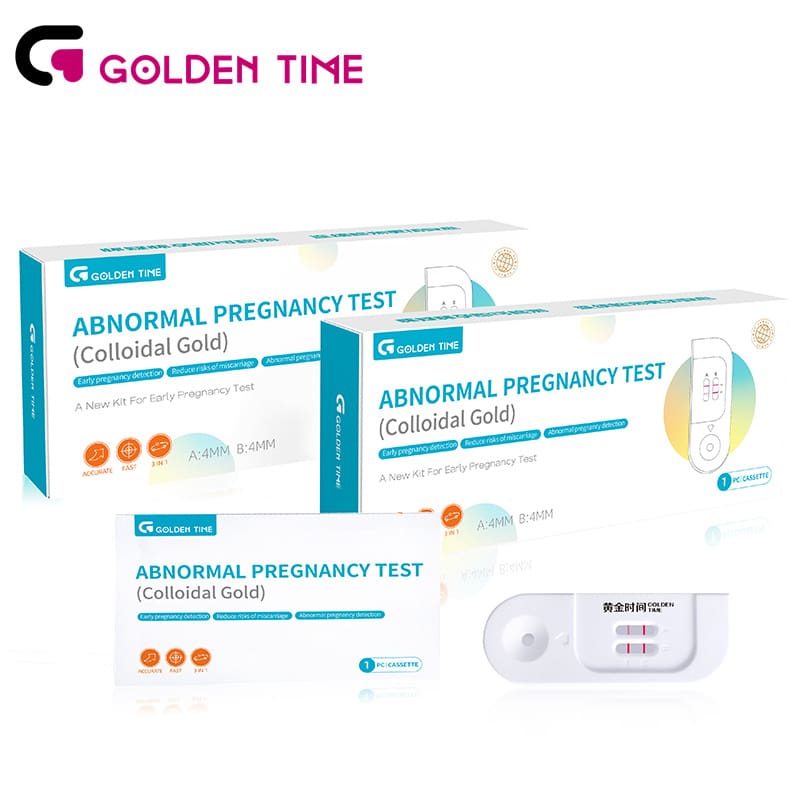Nov . 27, 2024 10:47 Back to list
China's Rise in H Pylori Stool Testing for Enhanced Diagnosis and Treatment
Understanding the China H. Pylori Stool Test A Crucial Diagnosis for Gastric Health
Helicobacter pylori, commonly known as H. pylori, is a spiral-shaped bacterium that resides in the stomach lining of humans. Its presence is linked to various gastric conditions, including peptic ulcers, chronic gastritis, and even gastric cancer. As awareness of these health risks increases, tests for H. pylori detection, particularly the stool test, have gained prominence. In China, where digestive health issues are prevalent, H. pylori stool testing has become a critical tool in gastroenterology.
Understanding the China H
. Pylori Stool Test A Crucial Diagnosis for Gastric HealthIn China, the prevalence of H. pylori infection is quite significant due to factors such as poor sanitation, contaminated food, and crowded living conditions. Studies indicate that nearly half of the population is affected by this bacterium. The widespread nature of the infection underscores the importance of effective testing methods like the stool test. Early detection is crucial as it enables timely treatment, preventing complications that can arise from untreated infections.
china h pylori stool test

The procedure for the H. pylori stool test is straightforward. Patients are usually instructed to collect a stool sample at home, which is then sent to a laboratory for analysis. The lab employs enzyme-linked immunosorbent assay (ELISA) methods to detect H. pylori antigens. Results are typically available within a few days, allowing patients and doctors to make informed decisions regarding further treatment options.
Treatment for H. pylori infection commonly involves a combination of antibiotics and acid-reducing medications. This dual therapy is essential as it not only eradicates the bacterium but also promotes healing of the stomach lining. In China, where the rising incidence of antibiotic resistance is a concern, healthcare providers are becoming more selective in their treatment regimens. Following the stool test, the healthcare team can better tailor the treatment plan based on the patient's specific condition.
Moreover, education surrounding H. pylori and its implications is paramount. Efforts to raise awareness about the transmission of H. pylori—often through contaminated food and water—are vital in reducing infection rates. Public health campaigns aimed at promoting good hygiene practices and safe food handling can substantially decrease the incidence of this infection in the population.
In conclusion, the H. pylori stool test represents a significant advancement in the diagnosis and management of gastric health in China. With its simplicity, effectiveness, and non-invasive nature, it serves as a critical tool for early detection and treatment of H. pylori-related conditions. As healthcare providers continue to recognize the importance of this test, it plays an increasingly central role in the prevention of severe gastric disorders and the promotion of overall digestive health. The combination of early detection, effective treatment, and public education will be essential in mitigating the impact of H. pylori infections on the population, leading to healthier outcomes for individuals throughout China.
-
Reliable Early Pregnancy Test Kit Supplier - Multi Plastic Cassette Options
NewsJul.30,2025
-
Transferrin Rapid Test Cassette – Reliable Tumor Marker Detection
NewsJul.29,2025
-
Accurate Follicle Stimulating Hormone Test Kit | Rapid Reliable Results
NewsJul.29,2025
-
High Accuracy LH Ovulation Test Kit - Digital Results & Wholesale Options
NewsJul.29,2025
-
HbsAg Blood Rapid Test Kit for Fast & Accurate Hepatitis B Detection
NewsJul.28,2025
-
Sterile Urine Cup for Safe & Easy Collection | High-Quality Specimen Cups
NewsJul.28,2025

